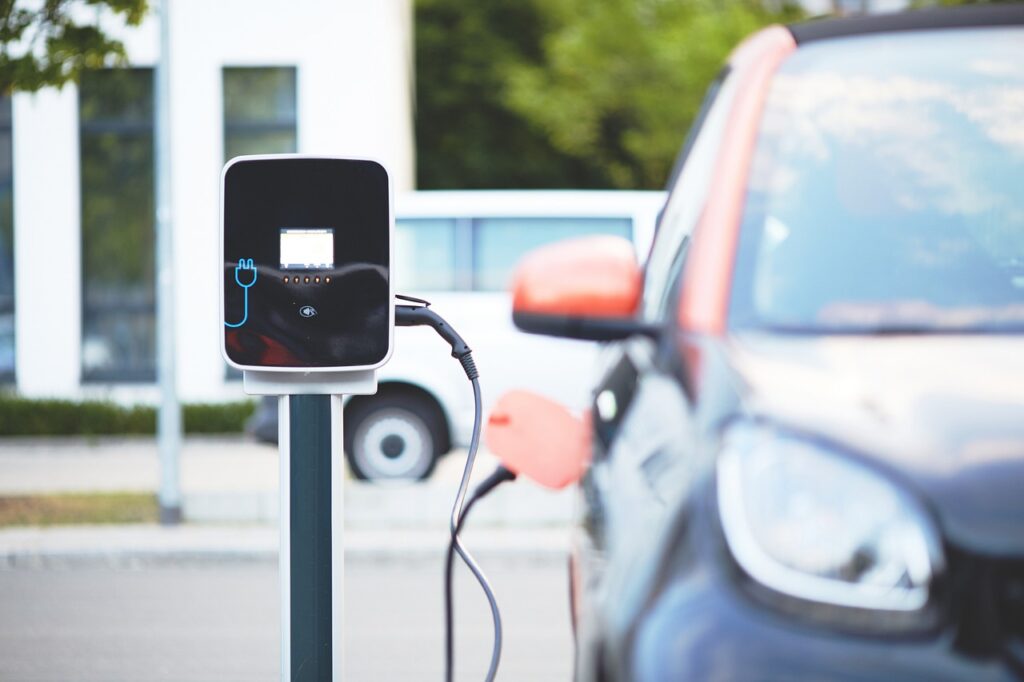Electric and hybrid vehicles (EVs and hybrids) are growing in popularity for their fuel efficiency and eco-friendly benefits. While they function differently from traditional combustion engine vehicles in many respects, they still need regular maintenance to stay in peak condition.
If you’re new to EVs or hybrids, here’s a quick summary of what kind of EV maintenance they require.
1. Battery Health
The battery can be considered the heart of an electric vehicle. While EV batteries are designed to last many years, it is very important to monitor battery health. Most modern EVs have a battery monitoring system that tells you when something is wrong. Regular checkups at the dealership or service center can help ensure your battery stays in optimal condition is a key part of EV maintenance.
2. Brake Maintenance
Both electric and hybrid vehicles use regenerative braking, which helps recharge the battery while slowing down the car. This system puts less wear on traditional brakes, meaning they last longer than in gas-powered cars. Still, it’s important to have the brakes inspected periodically to make sure everything is working properly.
3. Tire Rotations
Tire care is an important part of EV maintenance. EVs and hybrids are typically heavier due to the weight of their batteries, which can cause tires to wear down faster. Regular tire rotations are essential to ensure even wear and maintain proper tread grip on the road.
4. Cooling System Check
Electric and hybrid vehicles have cooling systems for their batteries and other onboard electronics. Ensuring these systems are functioning properly is a vital part of EV maintenance, which prevents overheating and keeps the vehicle running smoothly.
5. Software Updates
EVs and hybrids often receive over-the-air software updates that improve performance or fix bugs. Keeping your vehicle’s software up-to-date as regular EV maintenance ensures it operates efficiently and stays secure.
While EVs and hybrids require less maintenance than traditional vehicles, staying on top of these key EV maintenance services will help your car last longer and run more efficiently.
